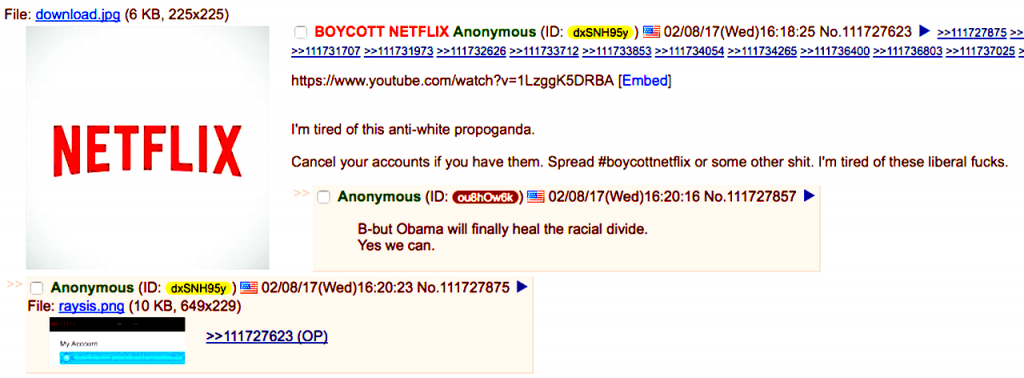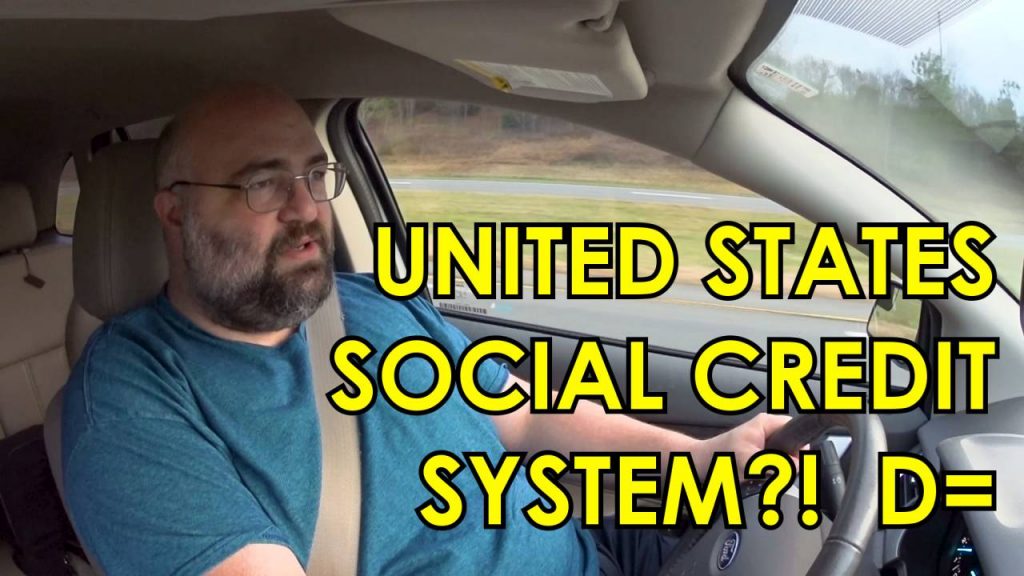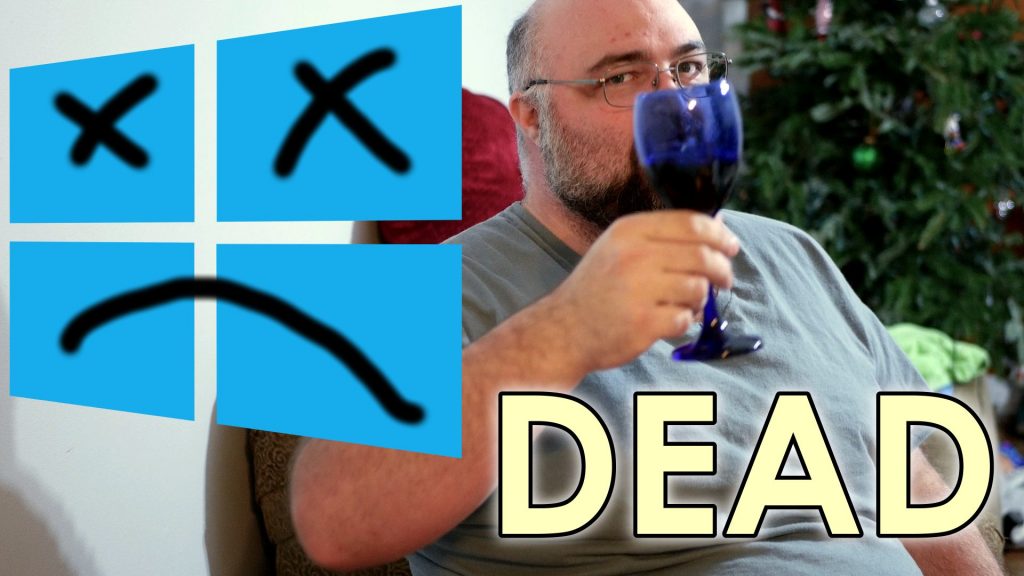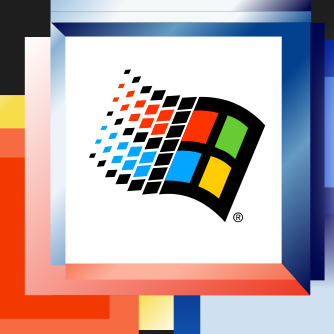This is a comment I found on SoylentNews that I’d hate to lose. It’s a truth-bomb dropped on the whole “white people were horrible” narrative about the founding and evolution of the United States of America. We learned about a lot of this stuff in history books back in the day, but history books are updated frequently and those who write the books control the contents. It’s important to look beyond what is commonly accepted as true if you want to find the real truth.
Quote sections are from the comment being responded to.
It started with a concerted, deliberate extermination campaign of those who were already there to steal their land, followed by a bloody, violent independance war. Those who worked the hardest to develop the land were slaves.
No, that’s not how it started. It started with people fleeing religious persecution in Europe. They landed in a place that had already been depopulated by disease and conflicts between Indian tirbes. The Pilgrims weren’t doing so well, and only made it because the local Algonquin Indians helped them. The Indians, for their part, were desperate to find new allies because the Iroquois were kicking their butts up and down the block. What ensued was a long period of Indians making alliances with various European powers, and with each other, and everyone jockeying for advantage. It was only at the end that the balance of power shifted against all the Indians of every tribe.
Slaves did not do all the hard work in America. They did all the hard work in the South, on the plantations. People in the North did not own slaves. They did all the hard work themselves. Even in the South, 3/4’s of the people owned no slaves and did the hard work themselves.
It is the most culturally violent and sexually repressed and disfunctional society of all the “civilized” nations. Culturally speaking, they are superstitious, simplistic, predatory, isolationist, paranoid, and primitive. They are the only western country where the vast majority of the population speak only one language, and also the only one still practicing the death penalty. I could go on and on, but you get the point.
Americans are more culturally violent than the Germans, Italians, and Japanese? They’re more culturally violent than the French, British, Spanish, and Portuguese who depopulated, exploited, and colonized vast swathes of the Earth up until modern times? They’re more culturally violent than the Russians who oppressed half of Europe for 70 years, and who violently suppressed democracy movements in at least three of their client states? They’re more culturally violent than the Koreans who fought a vicious civil war in the 50’s and in the 1980’s were having massive battles in the streets in the South?
Americans are fat, ugly, unsophisticated, obnoxious, entitled, loud, and in poor health.
I see you’ve never been to England, Germany, France, Italy, any place in Central Europe, or even Australia. Germany has a far-right party called the AfD. France has Le Pen. Italy just elected a right-wing Prime Minister, Giuseppe Conte. Obnoxious? You’ve never seen Australians in Bali, Japanese in Thailand, Britons in Turkey, Germans in Mallorca, or French anywhere.
Culturally speaking, they are superstitious, simplistic, predatory, isolationist, paranoid, and primitive. They are the only western country where the vast majority of the population speak only one language,
Clearly, you’ve never studied history, and cannot be widely travelled. New York City is the acme of cultural refinement. There are towns in the midwest where people have never gone beyond a 100 mile radius. Paris is cosmopolitan, but those who live in the country’s south are some of the most ignorant, provincial people you will ever meet. Tokyo is an ultra-modern city with every convenience, but go due west until you hit tiny fishing villages on the Sea of Japan and it’s like travelling back in time.
Speak one language? Well, as a former English teacher abroad I can tell you, my friend, that the vast majority of people in the West who study English (assuming that’s not their mother tongue) learn it like Americans learn Spanish. That is, everyone “studies” it in school, but exceptionally few come to speak it. There are some outliers, of course, like the Dutch, but for them it’s rather cheating calling learning English acquiring a second language since Dutch and English are only about a half step removed.
In short, you’re reflexively and ignorantly characterizing the entire country and everyone in it. The only thing you’ve revealed with your screed is that you know very little about history or geography. You’ve clearly not travelled widely and have a limited aquaintanceship.
Do yourself a favor, and drop out for a couple years and backpack round the world. Avoid the cities. Stick to the small towns and countryside. Stick around for a while and learn the language and get to know the natives. Chafe against the differences when culture shock sets in. Then move on to the next place and do it again. You will come to have a far less simplistic perception of the world and its peoples.






